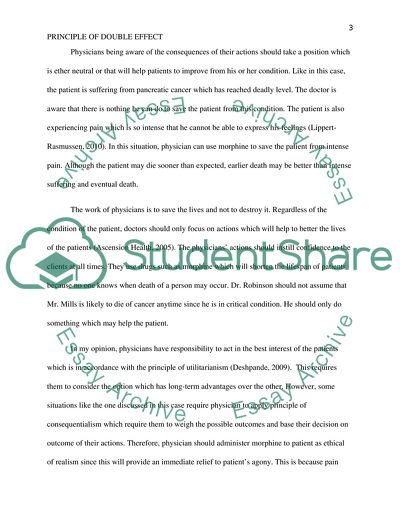Ethics in Healthcare Settings CS1 Case Study Example | Topics and Well Written Essays - 500 words. https://studentshare.org/medical-science/1792544-ethics-in-healthcare-settings
Ethics in Healthcare Settings CS1 Case Study Example | Topics and Well Written Essays - 500 Words. https://studentshare.org/medical-science/1792544-ethics-in-healthcare-settings.


